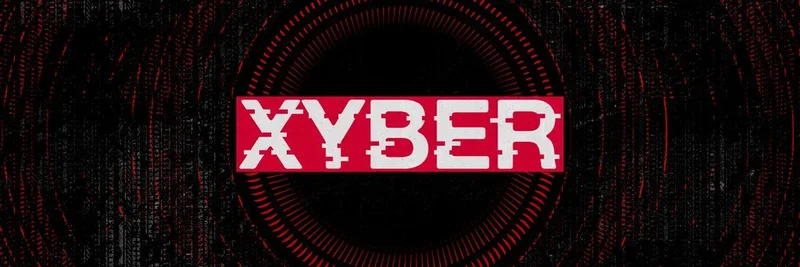In the fast-paced world of crypto, where opinions fly as quickly as market swings, a recent back-and-forth on X (formerly Twitter) between two heavyweights in the Solana ecosystem has sparked some serious discussion. Anatoly Yakovenko, co-founder of Solana Labs (often just called Toly), shared what he called a "contrary opinion" on the future of mainstream crypto adoption. But Mert, the CEO of Helius Labs—a key player in Solana's infrastructure—quickly clapped back, calling it uninspiring and predicting bigger things ahead.
Let's break it down step by step, keeping things simple for anyone dipping their toes into blockchain waters.
The Spark: Toly's Take on Crypto's Near Future
It all started with Toly's post, where he argued that the only thing poised to go truly mainstream in crypto over the next 3-5 years is cross-border B2B (business-to-business) backend settlements using crypto. Think of this as companies using stablecoins or blockchain tech to handle international payments behind the scenes—faster, cheaper, and without the headaches of traditional banking systems like SWIFT.
Toly emphasized that while this might sound niche, it could be "enormous" in scale, potentially revolutionizing how global businesses handle money flows. It's a practical use case that's already gaining traction with projects like those from Ripple or newer chains focused on enterprise-grade settlements.
Mert's Counter: Why That's Not Enough
Mert wasn't having it. In his reply, he labeled Toly's view as "wrong" and said it would represent a "failure for crypto" if that's all we achieve. Why? Because it lacks the excitement and broad appeal that could draw in everyday users. Instead, Mert bets on three areas heating up:
Prediction Markets: These are platforms where people bet on real-world outcomes, like election results or sports games, using crypto. Think Polymarket on Solana—it's already buzzing with activity and could explode as more people see it as a fun, insightful way to engage with events.
Socialized Finance: This refers to the blend of social media and decentralized finance (DeFi), often called SocialFi. Platforms like Friend.tech allow users to tokenize social interactions, turning influence into tradable assets. It's community-driven finance that's inherently viral and could pull in non-crypto natives through social networks.
Tokenization of Assets: This means turning real-world assets (RWAs) like stocks, commodities, or even real estate into digital tokens on the blockchain. It makes investing more accessible and liquid. With Solana's speed and low fees, this could democratize markets, letting anyone trade fractions of high-value assets without middlemen.
Mert argues these will "continue to go more mainstream," building on current momentum rather than settling for backend tech.
The Banter Continues
The exchange didn't stop there. Toly fired back with some eye-roll emojis, calling Mert's opinions "milquetoast" (that's fancy for bland or unadventurous) and teasing him for not making bolder claims. Mert hit right back, pointing out the irony—Toly's B2B focus comes right after a wave of new settlement-focused chains launched, making it less contrarian than claimed.
This playful ribbing highlights the vibrant, opinionated nature of the crypto community, especially within Solana, known for its innovative devs and meme-friendly culture.
What This Means for Meme Tokens and Blockchain Enthusiasts
At Meme Insider, we're all about memes, but this debate ties directly into the bigger picture. Meme tokens thrive on hype, community, and accessibility—elements that prediction markets and SocialFi amplify. If Mert's vision wins out, we could see meme coins integrated into these systems, like betting on viral trends or tokenizing meme creators' influence.
On the flip side, Toly's B2B settlements could provide the stable infrastructure memes need to scale without constant volatility crashes. Either way, Solana's ecosystem stands to benefit, given its role in high-speed, low-cost transactions that power both enterprise and fun applications.
For blockchain practitioners, this is a reminder to diversify thinking: Don't just chase the next pump; understand the tech trends that could sustain the space long-term. Keep an eye on projects like Helius Labs for Solana tools or explore prediction markets on Polymarket.
Whether you're team Toly or team Mert, one thing's clear—crypto's future is anything but boring. What's your take? Drop it in the comments below!

